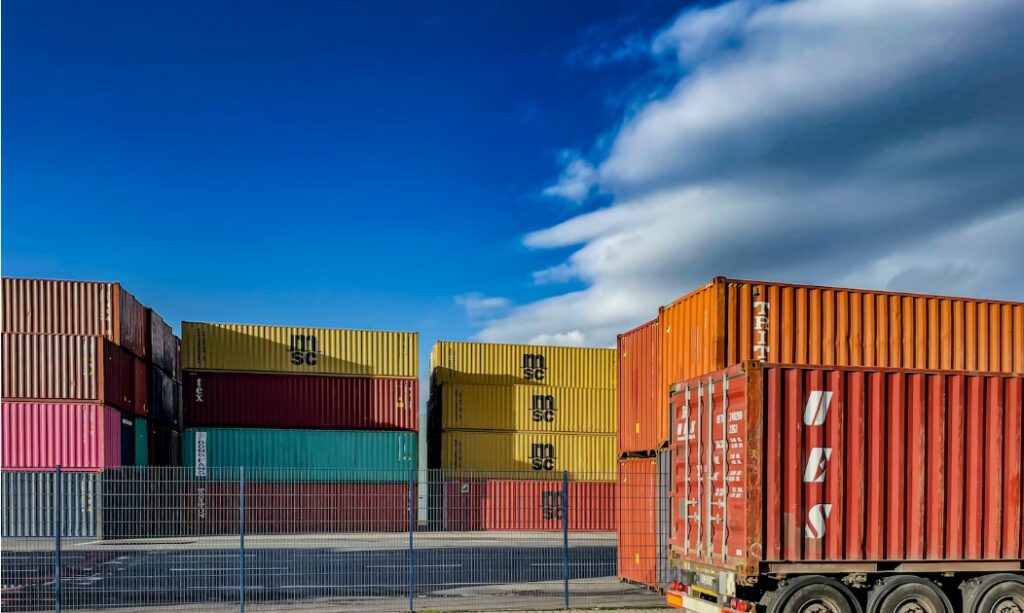International trade is one of the backbones of any strong economy. The impact of international trade on economic growth cannot be overlooked. Hence, businesses that have not considered expanding into international markets have plenty of reasons to do so. However, there are several critical questions that such businesses have to answer first.
Before expanding into a global market, you need to understand how to find the right market. Likewise, you need to develop the right regional and local plans and familiarize yourself with the legal implications of international trade. All these are important considerations before deciding to start an international business.
A successful international business offers plenty of benefits to both the business owner and the customers. International trade allows countries to expand their markets and access goods and services that otherwise may not have been available domestically. As a result of international trade, the market is more competitive. This ultimately results in more competitive pricing and brings a cheaper product home to the consumer.
In this post, we’ll explore the core concepts of international trade and highlight various strategies for fostering international trade. Let’s get into it.

What is International Trade?
In the simplest terms, international trade is the purchase and sale of goods and services by companies in different countries. For example, if you walk into a Nigerian supermarket and find Korean noodles or Italian wine, you’re experiencing the impacts of international trade.
Another way to describe international trade is the exchange of goods and services between at least two countries. This exchange can be in the form of imports or exports. An import refers to a good or service brought into the domestic country. On the other hand, exports refer to goods and services sold to a foreign country.
Strategies for Fostering International Trade
Deciding to expand into the international market is a significant step for any business, whether big or small. However, developing an international trade strategy for small businesses can be more challenging. Nevertheless, a well-developed strategy can guarantee successful expansion into international markets. The following concepts are important in developing a global business strategy:
Quality Offerings
Any successful plan for international trade has to start with offering a high-quality, unique product. Copying what is already available on the market will prevent newcomers from carving out space. This is because existing players and domestic manufacturers overseas have the advantage of being the sole suppliers. The right product makes a huge difference when it comes to trade opportunities abroad.
Market Opportunity
Developing a global strategy means conducting extensive market research. If you’re a small business, you should be ready to do your homework. This means deeply diving into the intricacies of the market opportunity under consideration. You’ll need to size up international and domestic competitors, assess product demands, and develop unique business propositions. All these will determine what makes it worthwhile to build an international operation.
International Trading Law Compliance
When it comes to international trade, three different sets of rules and regulations make up the legal considerations. Firstly, there are domestic laws in a country’s home base. Then, there are laws in the country where you’re looking to set up shop or expand. Finally, there are international laws that govern global trade. Compliance with all three of these sets of standards requires steadfast adherence to guidelines as well as dedication to keeping up with frequent changes. Bringing in a strong legal team that understands the intricacies of compliance is paramount. Alternatively, you can consider hiring local assistance in the country you plan to export to. This is because they will be in the best position to provide advice on changes as they happen.

Local Resources
As you build connections with local entities, be sure not to overlook local resources that can help you with your international ambitions. Whether it’s locally sourced raw materials or locally hired staff, look out for outstanding resources that are available in the region you wish to expand to.
Supply Chain Considerations
This is an essential aspect of international trade. Supply chain considerations, such as management and logistics, take on significant importance when entering into global trade. When you’re exporting or importing goods, you’ll have to build a robust supply chain with as few weaknesses as possible. You need to ensure that your current suppliers can support steady shipments to international clients and outposts. Failure to do this may create significant issues when filing orders early as your business begins to gain traction in the new market.
Strategic Partnerships
Finding local partners to help with final logistics and sales is also crucial in developing an international business plan. It doesn’t matter if you plan to establish offices in other countries or simply want to expand where you do business. Having a network of trustworthy contacts and partners can make an otherwise difficult process less challenging. Good local partners can help guide businesses through the quirks and challenges that come with operating in a new location.
Also, you may want to partner with a cross-border payment platform like Changera to eliminate payment challenges. A common problem that people encounter with international trade is payment difficulties. Hence, there is a need for a reliable platform that ensures seamless international transactions. Changera is a leading cross-border payment platform that allows users to send and receive money anywhere in the world.

Takeaway
Although a lot of work goes into starting a business in a foreign country, the rewards are always worth it. So, expanding into a foreign market may be a good move for your business if you’re a business owner. If you follow due process and do your research right, you can establish a successful business in a foreign market.
Creating a successful international business usually starts with developing a business strategy. Thankfully, this post has provided you with the key points you need to create a working strategy for international trade. Firstly, you need to do proper research and understand the ins and outs of the new market you’re entering. Also, you need to ensure that you’re providing quality products and services to set you apart from the competition. Finally, you may need to partner with local contacts and lawyers to ensure that you’re complying with all compliance laws.
Are you considering expanding internationally? Changera is here to make the process easier for you by sorting out all your payment problems. With Changera, you can send and receive payments from abroad at the tap of a button. Download the Changera mobile app from the Google Play Store or App Store today to learn more.







Discussion about this post